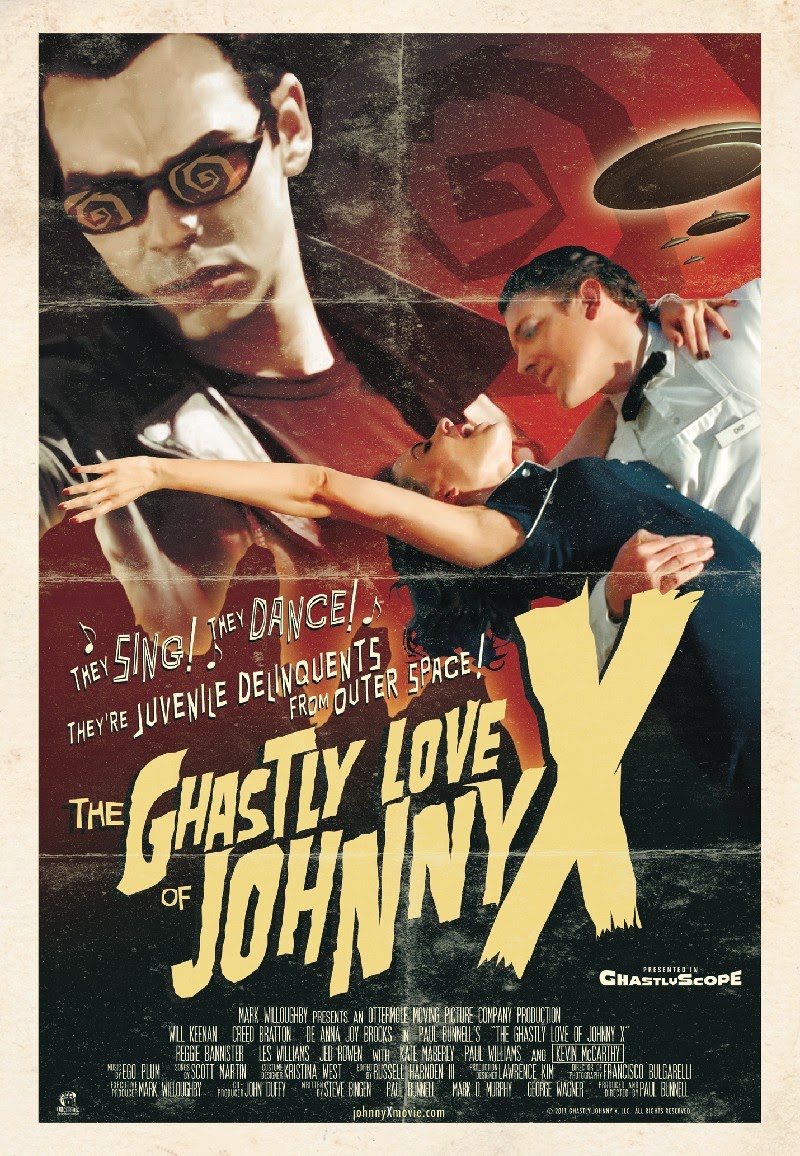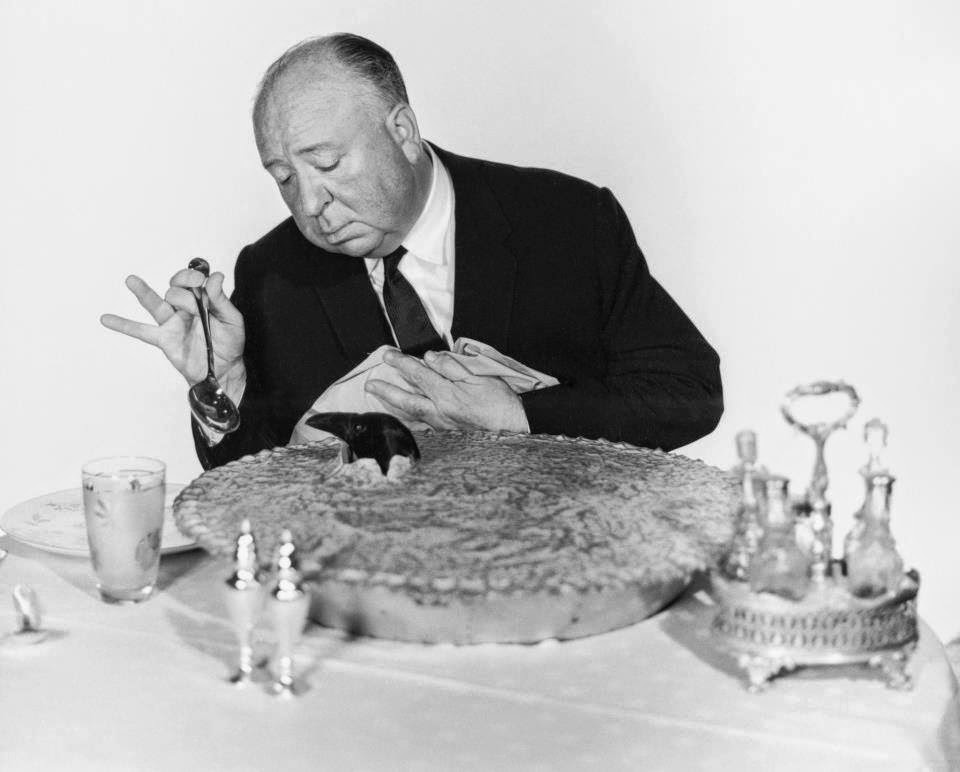The Great Escape
I don’t know if this will lose me any “cred,” not that I should worry about that with all the imposter syndrome I have anyway, but I have a little theory about three-hour-long movies I’d like to share with you. Simply put, if your movie is going to be in the ballpark of three hours or more, you’d best have a good reason for it, and it’d best not feel like a three-hour movie. “Anatomy of a Murder” is the one I always point to as my example, it feels like it’s an hour and a half, not nearly three.
It’s been a good stretch of years since I last saw director John Sturges’s wonderful 1963 film “The Great Escape.” When the wonderful new blu-ray edition by The Criterion Collection showed up at my doorstep, I was quite surprised looking over the back of the case to see the film was almost exactly three hours long. My memory of watching the movie was not of a three-hour movie, maybe one that was two at the most. As I watched “The Great Escape” yesterday afternoon, I was reminded that this isn’t just any movie and that in the hands of John Sturges, the film uses every second of its nearly three hours run time perfectly.
“The Great Escape” is, rightfully, one of the all-time great classics. From a casting standpoint alone, it’s stacked, to say the least. Charles Bronson, James Coburn, James Garner, Donald Pleasance, Richard Attenborough, and the man who reminds you that even on the best day in your finest hour, you’ll never be as cool as him, Steve McQueen. This combined with Sturges’s direction, and a most memorable score by the great Elmer Bernstein, makes for a film that I can’t think would be unenjoyable to anyone.
Based on a true story from the book of the same name by Paul Brickhill, “The Great Escape” recounts the epic escape from a group of men held prisoners-of-war by the Nazi’s during World War II. All of them soldiers who had escaped, or made attempts, many times before, corralled together in the strictest camp by the Germans in an attempt to stop making themselves look like fools. The film just holds up so well and is, for my money, one of the most entertaining films ever made set during World War II, and one of the best jail-break, if not THE best jail-break, films ever made.
Criterion has, unsurprisingly, put together what is the definitive edition of the film released on home video. A mixture of existing bonus materials from previous Laserdisc and DVD editions, with some new material, has been put together. First, let’s talk about the transfer. Criterion has made a new, 4K restoration of the film from scans of the 35mm original camera negative. A challenge for them came in finding the right color balance for the film as all the original Metrocolor prints of the film has faded badly.
So what did Criterion do? They got there hands on a couple of prints for reference from some notable hands. a dye-transfer 35mm print from the Academy Film Archive, and two 35mm acetate prints owned by Martin Scorsese and Quinten Tarantino, respectively, were used for color reference, bringing the film’s color pallet to what director Sturges and the cinematographer, Daniel L. Fapp, intended. The film’s monaural soundtrack is presented in a new, uncompressed track from original 35mm magnet tracks.
Alternatively, a 5.1 DTS-HD MA track made in the early 2000s is presented. Between the two, for my ears, I found the original mono mix the better choice. The 5.1 mix is fine, but it mostly widens the music and sounds a little forced, which is often the case when you’re dealing with expanding the soundscape of films of this era—depending on what’s left of the source audio.
There are two audio commentary tracks, one from the original Criterion laserdisc release from 1991 featuring John Sturges (who died the following year), and composer Elmer Bernstein. The other track is from just 2003 and was made by MGM for a deluxe DVD issue of the film featuring James Coburn, James Gardner, Donald Pleasence, and others. Both are good tracks, quite lively and worth your time.
Video features include “The Great Escape: Heroes Under Ground,” A four-part documentary from 2001 about the real-life escape. Another 2001 program “The Real Virgil Hilts: A Man Called Jones” about the inspiration for Steve McQueen’s character. “Return to The Great Escape” a 1993 program on the film, the original trailer, and a new interview with critic Michael Sragrow rounds it out.
“The Great Escape” is one of all the time Hollywood classics, and rightfully so, it was even better than I remembered it being, and this new edition by The Criterion Collection is a must-own for anyone, and I mean ANYONE, who even vaguely considers themselves a film buff. See you next week.



Comments
Post a Comment